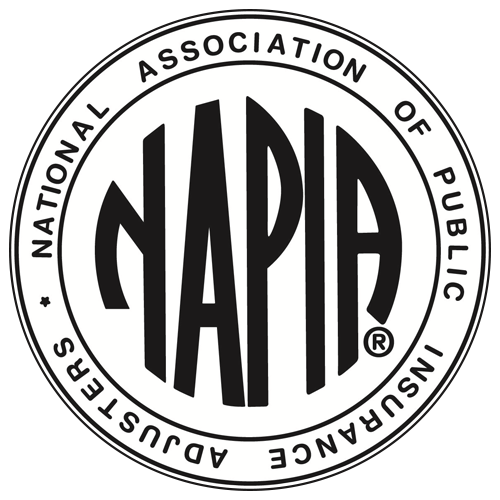
The Use Of Hearings In Resolving Insurance Disputes
It is common knowledge that dispute valuations in insurance claims leads to “appraisal.” Appraisal is a somewhat of a buzz word for arbitration where arbitrators (appraisers) determine values. Simply put then, an appraiser is an arbitrator and appraisal is an arbitration. This isn’t totally a fair equation of words. After all, a brown trout is different from a rainbow trout. Arbitration is not an appraisal, but an appraisal can be an arbitration, especially when the courts have decided such a thing.
The appraisal provision in insurance policies was placed in these policies many years ago to prevent or foreclose upon litigation and provide both insureds and insurers a method in which to value a claim outside of a courtroom. A typical insurance policy will have an “appraisal” process which must be undertaken before an action can be brought on a policy.
The parties in the policy, the insured and the insurer, each appoint an appraiser who select a third appraiser as the umpire. The appraisal panel then works like a three judge appellate court where the parties will present their valuation positions before the panel and two of the three appraisers can sign an award that is binding upon all parties.
This week while serving as an appraiser, the insured wanted us to consider input from sources which the insured was vital to his case and subsequently requested a hearing. While the other appraiser was lukewarm over the idea due to his involvement in so many appraisals where there had not been a hearing, I agreed. However, the umpire we had selected would have nothing to do with a hearing. As a matter of fact, he insisted that no hearing could be held. Instead, he said the parties had to allow the appraisers to determine values without input from either. The umpire was wrong. I raised a complaint to that position and the umpire resigned.
In some respects, his resignation was a gift to the parties because by denying a hearing, any award could be challenged, but is a hearing really required?
Arizona revised statutes contemplate that a hearing take place where requested. Nothing in the insurance agreement says that the appraisal will be decided without a hearing. There is nothing in the policy contradicting the right to a hearing. However, we must first look at our Arizona case law. According to Hanson v. Commercial Union Ins. Co., 723 P.2d 101 (Ariz. Ct. App. 1986), arbitrations provisions in our Arizona Statutes apply where not contradicted by the language of the insurance agreement. Specifically, in view of the similarity between arbitration and appraisal enforcement proceedings (Jefferson Ins. Co. v. Superior Court (1970) 3 Cal.3d 398, 401, 90 Cal. Rptr. 608, 475 P.2d 880), the court applied the standard of arbitration set forth in A.R.S. 12-1505 and A.R.S 12-1512 to the appraisal proceeding and created the general standard of review applicable to arbitration. If appraisals are controlled by the arbitration statutes, hearings, if requested, are necessary.
A.R.S. §12-1505 provides various reasons for which an award might be opposed. A.R.S 12-1512, A, 4 stands tall where it clearly sets forth that an appraisal award can be challenged when, “the arbitrators refused to postpone the hearing upon sufficient cause being shown therefore or refused to hear evidence material to the controversy or otherwise so conducted the hearing, contrary to the provisions of section 12-1505…”
The court may order an appraisal rehearing before the arbitrators who made the award or their successors appointed in accordance with section 12-1503. The time within which the agreement requires the award to be made is applicable to the rehearing and commences from the date of the order.
Appraisal is a wonderful method to resolve valuation disputes. It is unfortunate that so many people, including the umpire we had selected as our third appraiser, lack knowledge of this simple procedure. The appraisal must commence in an appropriate manner, which includes offering a hearing to the parties. Following proper procedures will prevent the appraisal award from being challenged.
Tags: hire a public adjuster, Public Adjuster, public insurance adjuster



